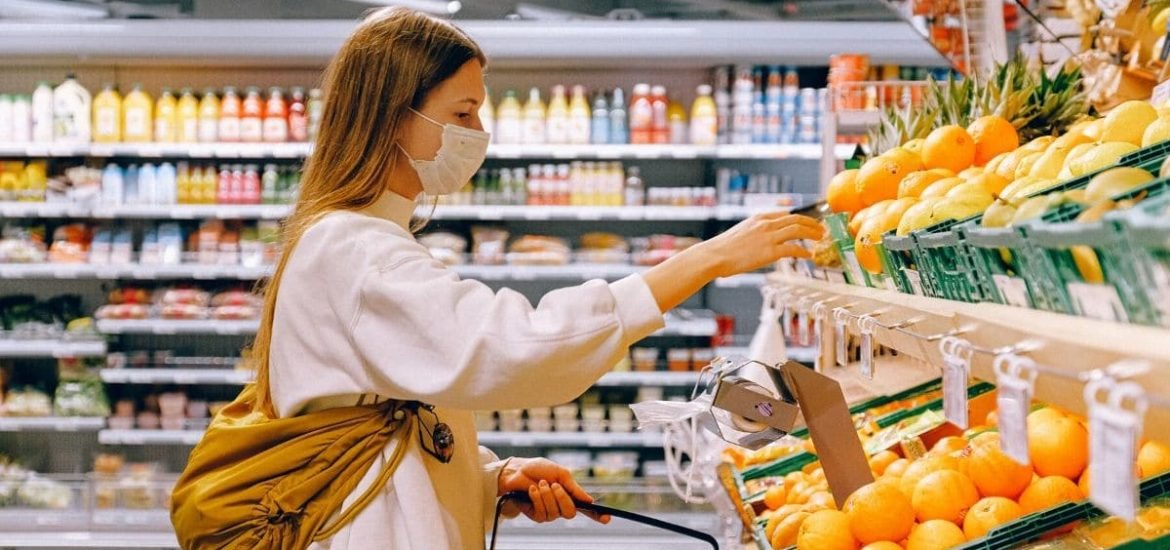
As the global number of coronavirus cases passes 5.5 million and the death toll approaches 100,000, the World Health Organization (WHO) has warned that many countries could face a ‘second peak’ in COVID-19 infections if restrictions are lifted too soon. This could happen months before an expected second wave.
The novel coronavirus (SARS-CoV-2) emerged in the Chinese city of Wuhan in early December and has since spread around the globe, creating new epicentres. However, daily infection rates in the main epicentres in Europe and Asia are now much lower.
At a press briefing on Monday 25 May, WHO Emergencies Chief Dr Michael Ryan said: “We cannot make assumptions that just because the disease is on the way down now that it’s going to keep going down, and that we’re going to get a number of months to get ready for a second wave. We may get a second peak in this wave. This happened during pandemics in the past”.
We are still in the midst of the first wave, and infections are, in fact, still on the rise in some regions, according to Ryan: “Right now, we’re not in the second wave, we’re right in the middle of the first wave, globally, and if we look at the data from Central and South America, for Africa, for South Asia and for many other countries, we’re still very much in a phase where the disease is actually on the way up”.
Nonetheless, with coronavirus infections on the decline in other nations, a slew of countries in Europe – including the worst-hit countries like Italy – and elsewhere have announced plans to further ease restrictive measures put in place over the past few months. But the WHO has urged countries to stay on ‘high alert’, even those that have managed to suppress the virus.
Although the virus has been contained in some places, the percentage of people who have been infected remains fairly low, which mean many more are still susceptible to COVID-19 infection. Viruses often slow before resurging several months later and the number of cases could ‘jump up at any time’, said Ryan.
While the lifting of lockdown measures would allow industries to resume and economies to start recovering, the second peak in coronavirus infections could spell ‘disaster’ for millions of children, according to a human rights group. Amid the WHO warnings, the Dutch NGO KidsRights expressed fears that the continued outbreak could place millions of children at risk of extreme poverty, as well as making them more vulnerable to human rights abuses such as forced labour and underage marriage.
The outbreak has already left governments short of money for health and education for the young, stalled vaccination campaigns for children have increased the risk of infant mortality, and hundreds of millions of children who normally rely on school meals are being left without a reliable source of daily nutrition.
“This crisis turns back the clock on years of progress made on the wellbeing of children,” according to Marc Dullaert, the founder and chairman of the non-profit. “Therefore, a strong focus for children’s rights is needed more than ever”.
Also speaking at the press conference on Monday, Maria Van Kerkhove the WHO Health Emergencies Programme said: “Let us be perfectly clear: All countries need to remain on high alert here. All countries need to be ready to rapidly detect cases – even countries that have had success in suppression. Even countries thave have seen a decline in cases must remain ready”.